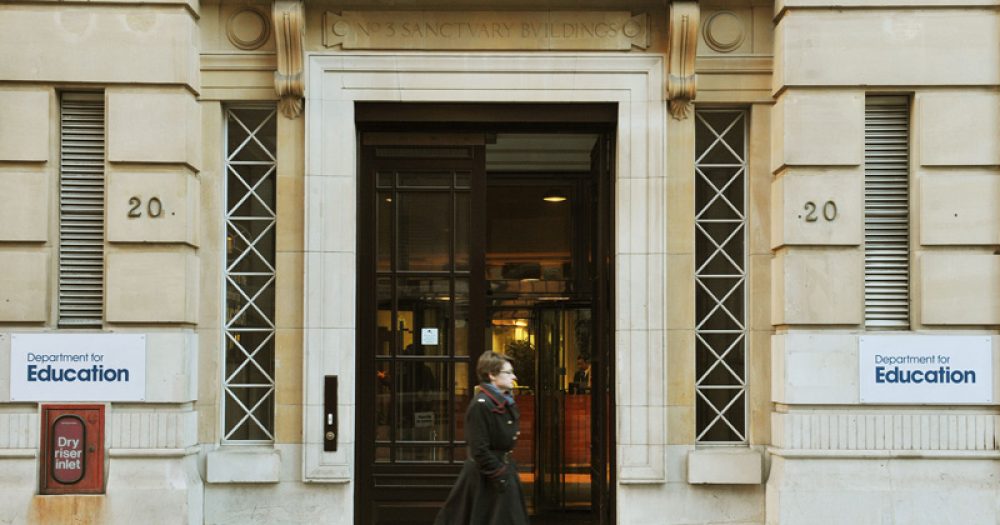The Department for Education has failed to meet its own pledge to publish a long-awaited investigation report into a defunct academy trust.
The nine-school Lilac Sky Schools Academy Trust (LSSAT) shut in 2017 amid a government investigation into allegations of financial malpractice.
Publishing findings is an important part of this and our aim is to publish where it is appropriate to do so
Schools Week revealed later that year how annual accounts exposed misdemeanours, including staff paid severance cash before being rehired the next day and public money spent on “luxury” booze.
The department last year refused to release a copy of the investigation report, requested by Schools Week under freedom of information laws, stating it intended to publish it that academic year (2018-19).
However the investigation – launched more than three years ago – has still to surface.
The actions contradict statements from Lord Agnew, the academies minister, who said in July that academy finances had an “unprecedented level of accountability and transparency”.
Schools Week was again refused access to a copy of the report under FOI this month.
Tanya Arkle, the deputy director of south academies at the Education and Skills Funding Agency, said the investigation had ended and “following internal processes” it “intends to publish a final version of the report this academic year”.
She added: “I can assure you that we believe it is in the public’s interest to be fair and transparent about issues relating to how public money is spent. Publishing findings is an important part of this and our aim is to publish where it is appropriate to do so.”
The DfE has not given a reason for the delay. LSSAT schools were transferred to other trusts more than two years ago.
A financial notice to improve issued to the trust in 2016 said that condition improvement funding cash was propping up revenue costs.
Annual accounts published by trustees parachuted in by the government to oversee its closure revealed a further list of financial breaches.
More than £200,000 was paid to a company owned by Trevor Averre-Beeson, the trust founder, without meeting government rules. Averre-Beeson also had to repay cash spent on luxury alcohol for an awards evening that was classed as an “inappropriate use of public funding”.
The government had to write off more than £500,000 it was owed by the academy trust after its collapse.








Well the way forward is obvious really, presuming you’ve complained to the DfE why haven’t you already complained to the Information Commissioner’s Office?
If the situation is as cut and dried as you say it is, i.e. that the original reason for not disclosing it was that it was going to be published in 2018/19, then the Information Commissioner should have no compunction in issuing a decision notice compelling the DfE to disclose the report.
Don’t just complain about it, do something.
PS the above wasn’t meant to be as ranty as it seems now I read it back!
I was only meaning to say there’s a clear way to proceed when a public body refuses to disclose with what seems like a flimsy unsupportable reason …
Mark – it appears the DfE is hiding behind the defence that it intends to publish. This is allowable under FoI law.
However, as it said it would be publish in 2018/19, which has now ended, it should be possible to either ask for an internal review or, if that’s already been done, appeal to the ICO.
All this takes a great deal of time. In such cases, publicising the non-publication keeps the issue alive.
Agreed, but this Section 22 defence is not a catch-all category that can be used willy-nilly by a public sector body with just a vague comment of “well we’re intending to publish it at some point …”
“Keeping the issue alive” with articles such as this is all well and good, but applying pressure with complaints to the ICO when self-set deadlines are missed will be much more effective …